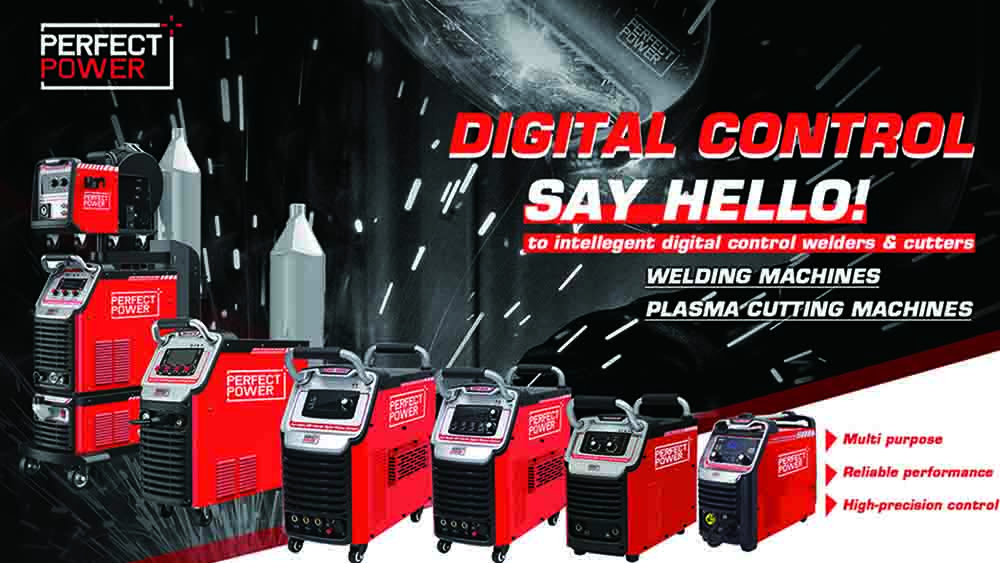
Professional welders are essential in various industries, which we will discuss below. Becoming a welder offers numerous benefits, including career growth and diverse industry applications. Even if you want to pursue welding as a hobby, you may not know where to start your education. The industry involves different processes, rules, and equipment, making it overwhelming for beginners. This list simplifies some of these details to help newcomers.
- MIG Welder: MIG welding is one of the easiest types of welding to learn and is a good option for beginners. MIG welders are relatively affordable and easy to use, making them a popular choice for DIY projects and small repairs.
- Stick Welder: Stick welding is another popular option for beginners. Stick welders are versatile and can be used for a variety of welding tasks. They are also relatively affordable and easy to use.
- TIG Welder: TIG welding is a more advanced type of welding that requires more skill and experience. However, some TIG welders have features that make them easier to use for beginners, such as foot pedals that control the heat and amperage.
Ultimately, the best type of welder for a beginner will depend on their specific needs and preferences. It’s important to do research and consider factors such as budget, the type of welding projects you plan to do, and your level of experience before making a decision.
How to Find Your Welder
- Finding the right welder for your work can be a daunting task, but here are some steps you can take to help you make the right choice:
- Determine the type of welding you will be doing: Different types of welding require different types of welders. For example, MIG welding requires a MIG welder, while TIG welding requires a TIG welder. Determine the type of welding you will be doing before you start shopping for a welder.
- Consider the materials you will be welding: The type of material you will be welding will also impact the type of welder you need. For example, if you will be welding aluminum, you will need a welder that is capable of welding aluminum.
- Determine your budget: Welders can range in price from a few hundred dollars to several thousand dollars. Determine your budget before you start shopping for a welder.
- Read reviews and do research: Before you make a purchase, read reviews and do research on the welders you are considering. Look for reviews from people who have used the welder for the same type of welding you will be doing.
- Consider the features you need: Different welders come with different features, such as adjustable heat settings, duty cycle, and wire feed speed. Consider the features you need before you make a purchase.
- Consult with a professional: If you are unsure which welder is right for your work, consult with a professional welder or a salesperson who specializes in welding equipment. They can help you determine which welder is best suited for your needs.



